Liverpool slavery street plaque unveiling a 'milestone moment'
- Published
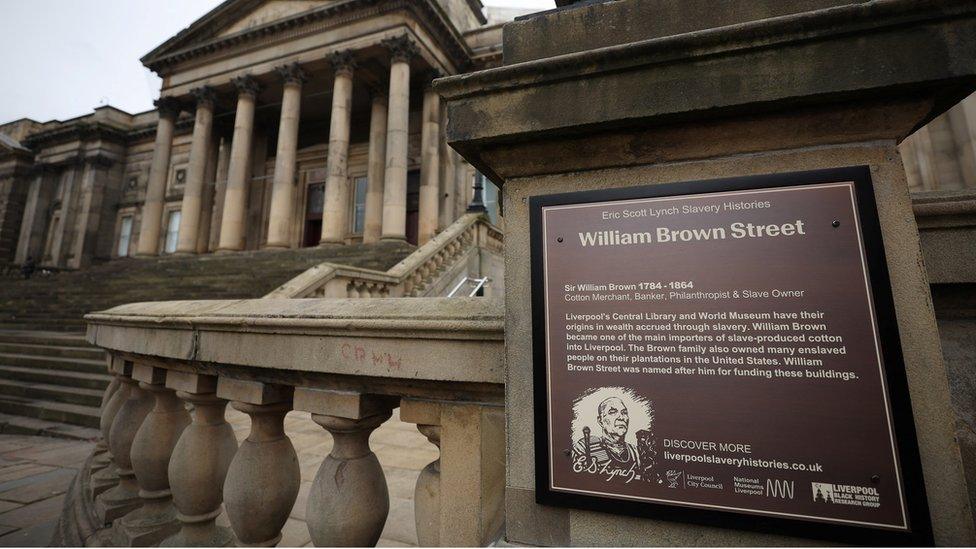
The project will "add to the heritage experience" for visitors, the city council said
The first plaque explaining a Liverpool street name's historical links to slavery has been unveiled in the city.
William Brown Street, named after a 19th Century cotton trader and slave owner, will be one of a series of streets in the city to get the signs.
The plaques have been named in honour of Eric Scott Lynch, an activist who spent his life drawing attention to Merseyside's links to the slave trade.
Liverpool Major Joanne Anderson said it was a "milestone moment" for the city.
"As a city we pledged to be open and transparent about this city's role in the transatlantic slave trade, and the plaques are an important step forward," she said.
"This understanding of our past is key, and only when we fully acknowledge and accept it, can we move forward.
"This is a milestone moment for Liverpool in its reconciliation with its past."
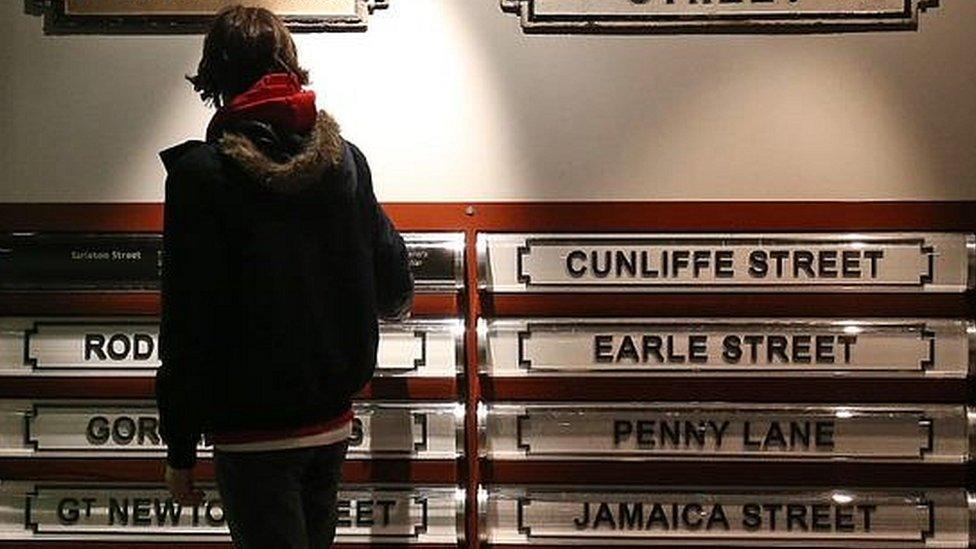
Street names associated with slavery are displayed in Liverpool's International Slavery Museum
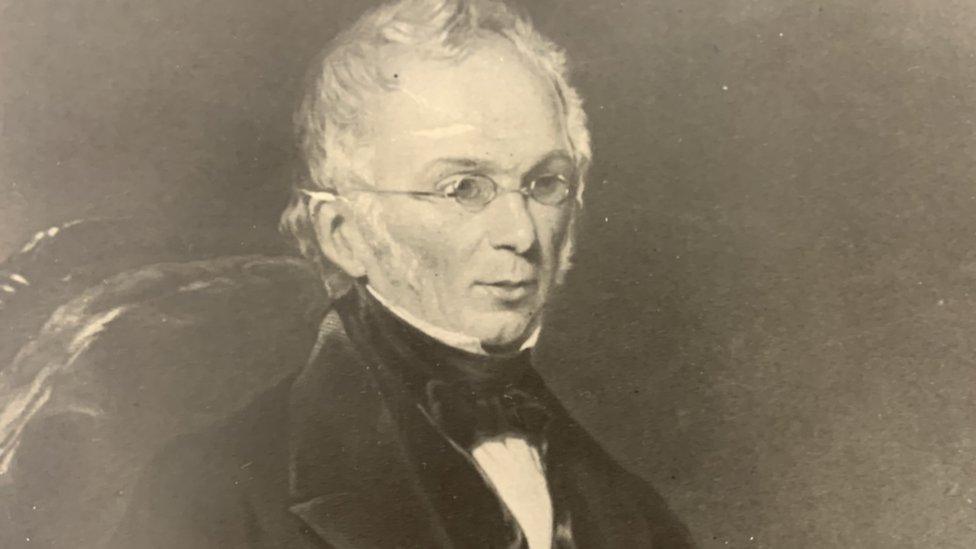
William Brown was a cotton trader and slave owner, who spent £40,000 on the building of the city's museum and library
A councillor's attempt to have streets which honoured those involved in the slave trade renamed was dropped in 2006, external. But in January 2020, the city announced a plan to highlight the street names with plaques.
Working with the International Slavery Museum and local historians, the council went on to identify an initial 20 streets which it believed should be considered for a plaque.
Included were well-known thoroughfares such as Bold Street, Seel Street and Falkner Square.
The council said the project would "add to the heritage experience" for visitors and further locations would be announced in the coming months.
A spokeswoman said putting up the plaques was a "complex process" as some required planning permission, but it was hoped all would be installed within two years.
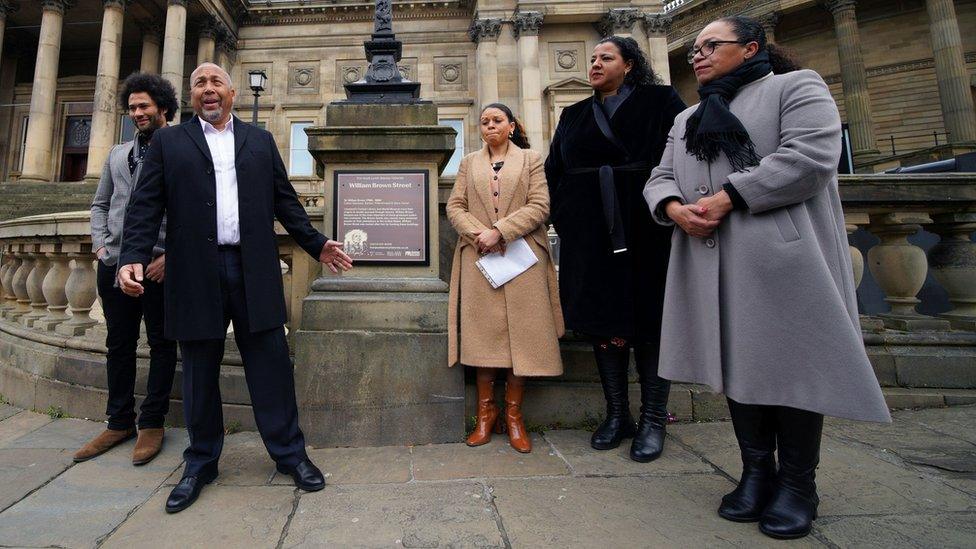
Mr Lynch (above, second left) said the plaques would remind people of how the city's wealth was generated
Andrew Lynch said the plaques stood as a "testament to the educational work" his father, who died in 2021, had carried out.
"Over many years, he strove to give the people of Liverpool a deeper understanding of the central role the city played in shaping the modern world," he said.
He said the "enormous wealth" generated by slavery helped Liverpool become "the cornerstone of the industrial revolution" and the plaques would remind people that "the labour of Africans and people of African descent were a key part of our story".

Analysis
By Chris Long, BBC News Online
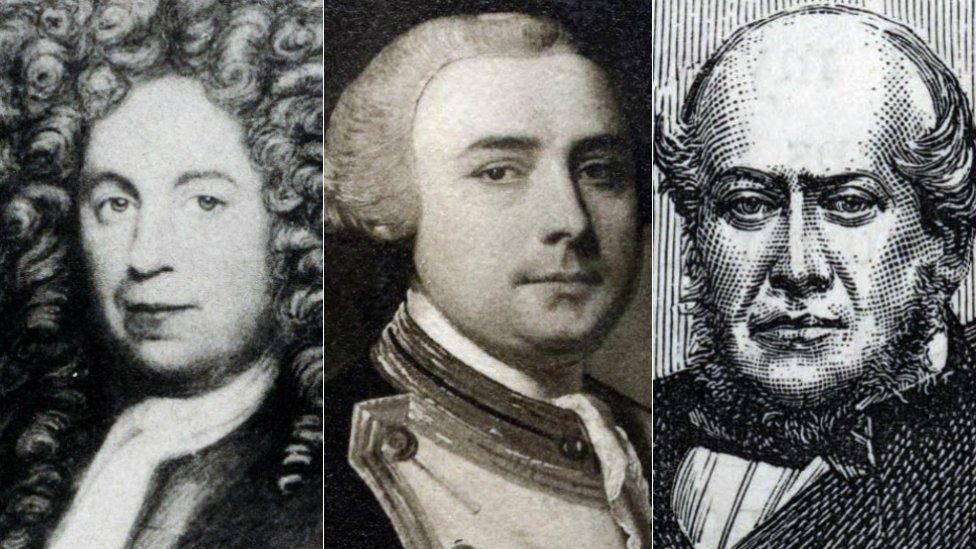
Stick a pin in a map of Liverpool and chances are you will skewer a name linked to slavery.
Between 1700 and 1820, many of the city's bigwigs were involved in exploiting the Triangular Trade - the movement of goods and slaves between Britain, Africa and the Caribbean - to finance their political, personal and social aspirations.
At least 25 of the period's lord mayors were slave owners or traders and many of them have been immortalised in the likes of Tarleton, Cunliffe and Gildart streets.
Bold Street is one of the more prominent examples, named after slave trader Jonas Bold, but many more roads in the city are named after slave owners, transporters or merchants - while a handful also celebrate those who fought against the trade.
Read more: The slavers and abolitionists on Liverpool's streets

Why not follow BBC North West on Facebook, external, Twitter, external and Instagram, external? You can also send story ideas to northwest.newsonline@bbc.co.uk, external
- Published29 September 2021
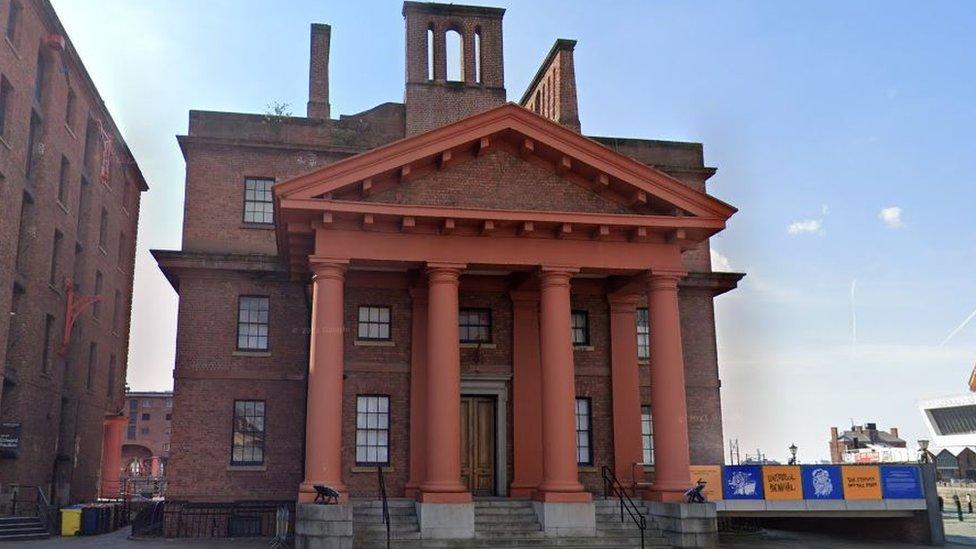
- Published28 April 2021
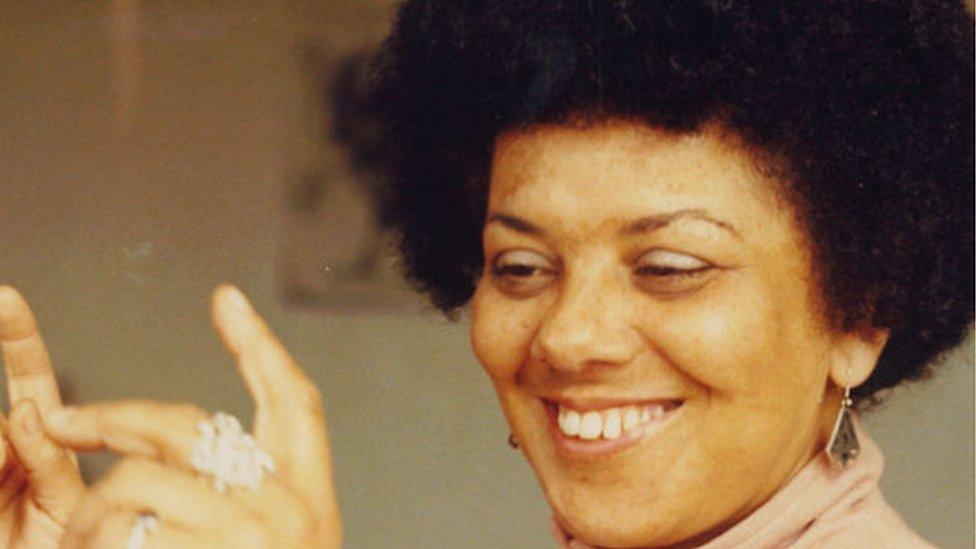
- Published3 October 2020
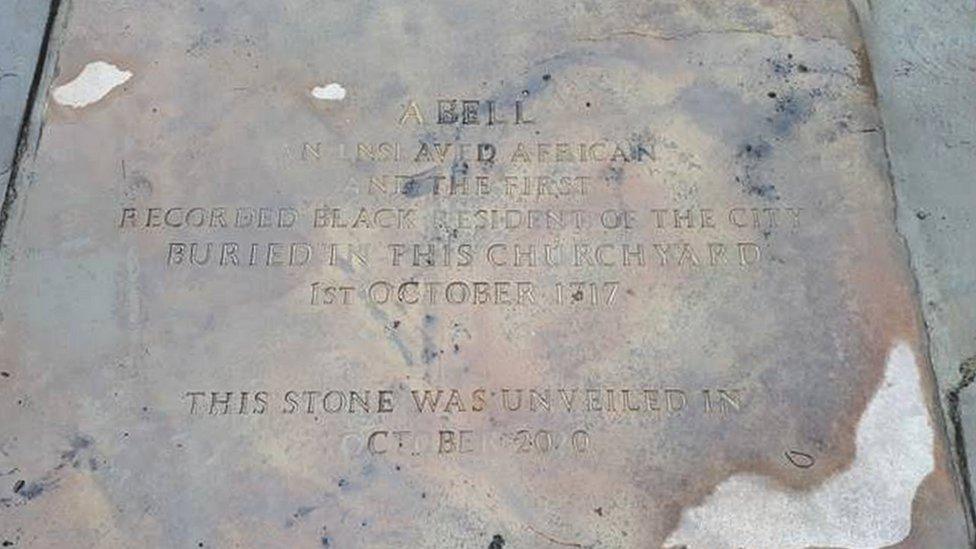
- Published24 August 2020

- Published19 June 2020
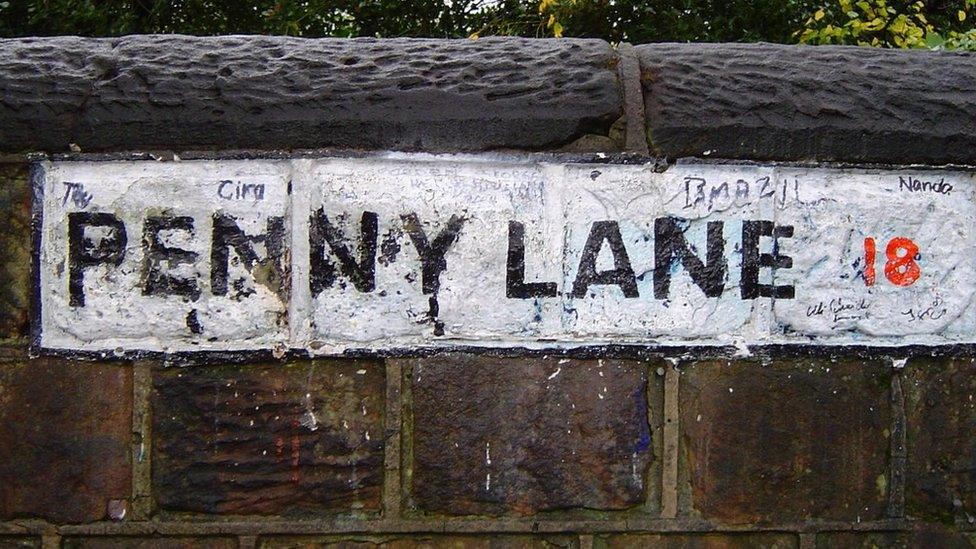
- Published12 June 2020
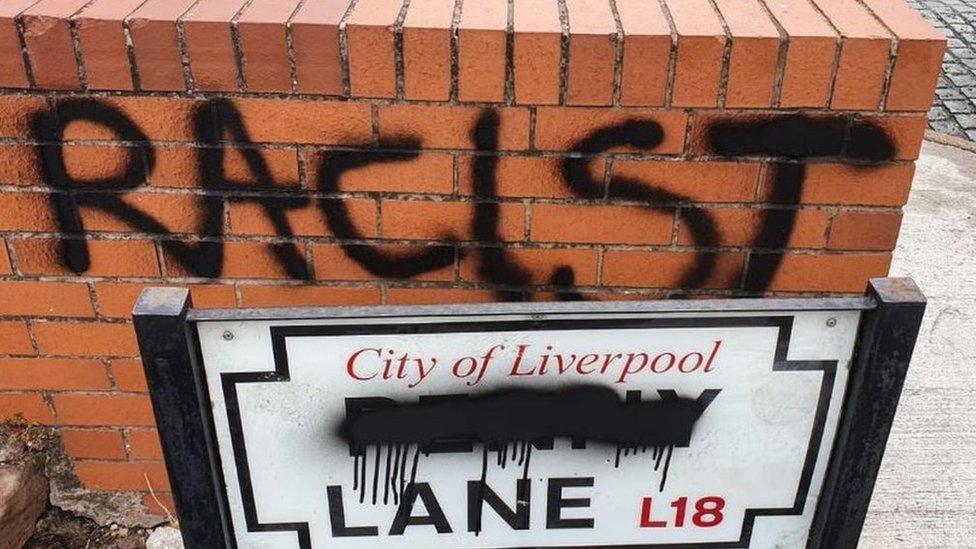
- Published10 June 2020
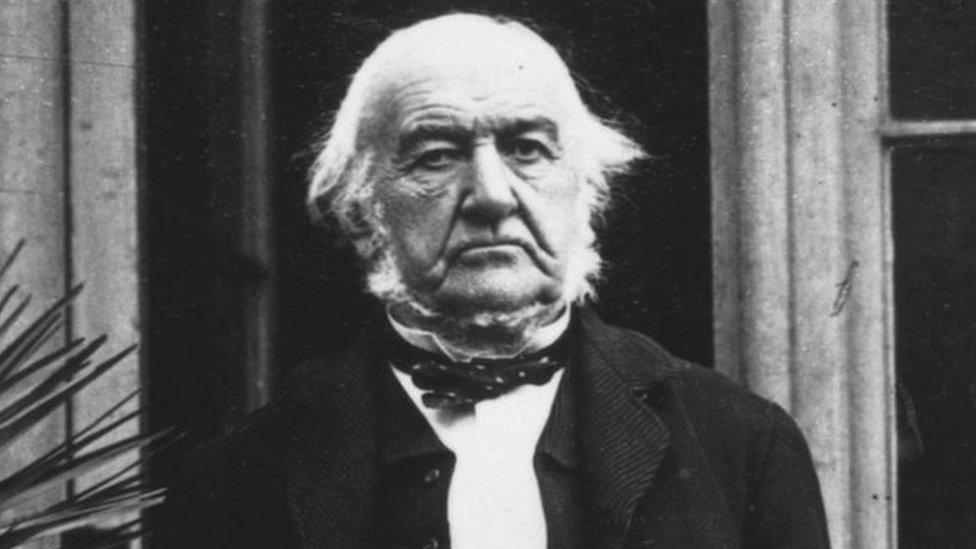
- Published8 June 2020
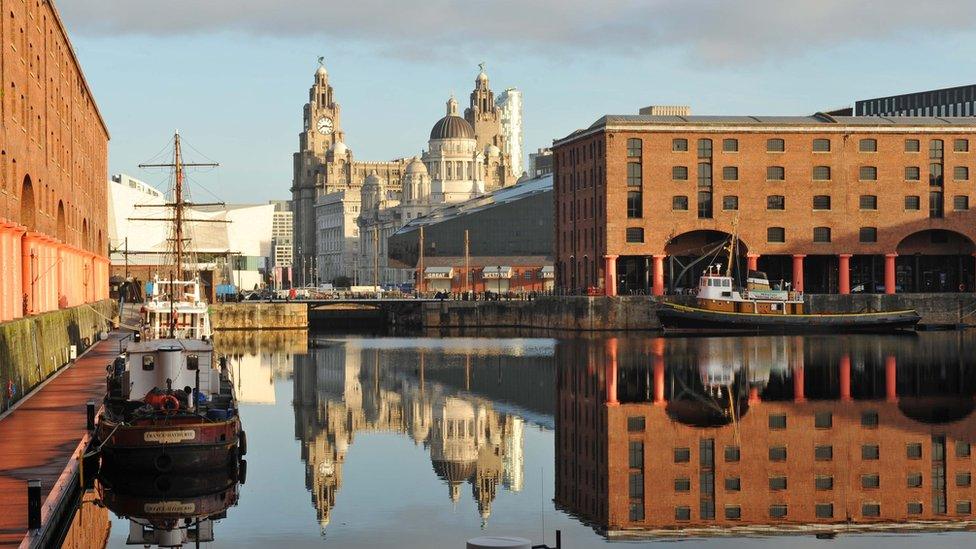
- Published15 January 2020

- Published10 January 2020
